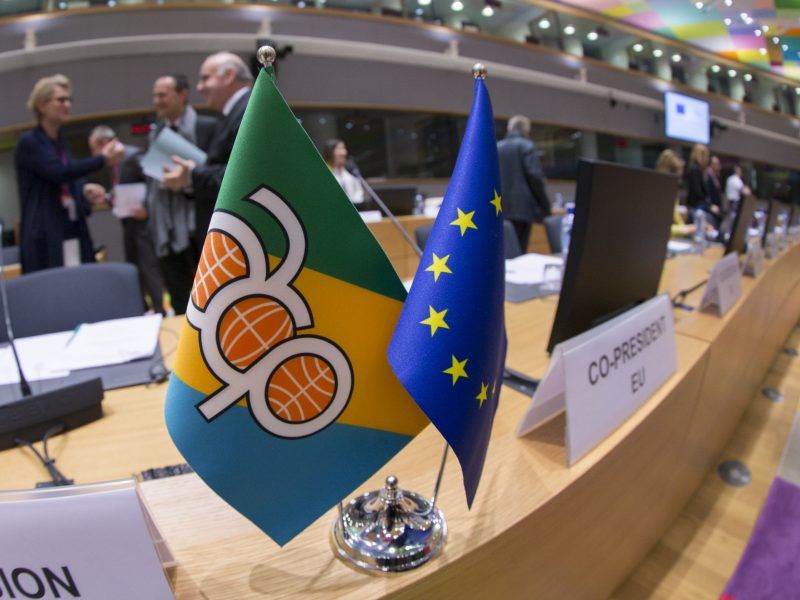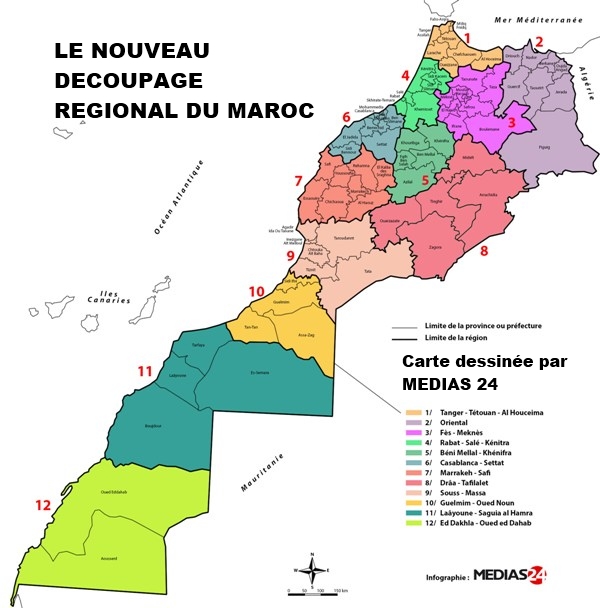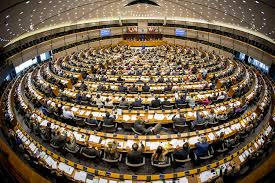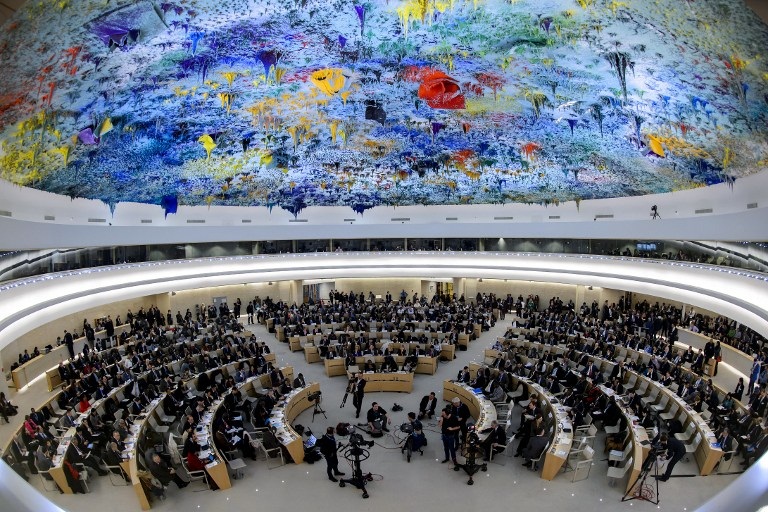After more than a two-year delay, the EU Council finally ratified (20 July) a new treaty with African, Caribbean and Pacific countries that covers a wide range of areas, from sustainable development and growth, to human rights and peace and security.
Recognized as one of the EU’s oldest and broadest cooperations with other countries, the so-called Cotonou Partnership Agreement between the EU and 78 African, Caribbean and Pacific (ACP) nations should have expired in February 2020 but was extended until December 2021 after negotiations on a successor deal took longer than planned. Following the delays in ratification in Europe, Cotonou was rolled over until September 2023. The treaty is set to be formally signed by leaders at a summit in Samoa in the coming weeks.
The delay was caused by Hungary and Poland’s refusal to sign the treaty. After Hungary abandoned its opposition to the treaty over its provisions on migration and gender rights in April, Warsaw still continued refusing to sign the treaty ostensibly in protest at its language promoting non-discrimination, LGBT rights and gender equality. The EU and the African, Caribbean and Pacific states represent over 1.5 billion people and more than half of the seats at the United Nations. With this new agreement, Brussels has expressed hope to all partners to the treaty to be better equipped to address emerging needs and global challenges, such as climate change, ocean governance, migration, health, peace and security.



